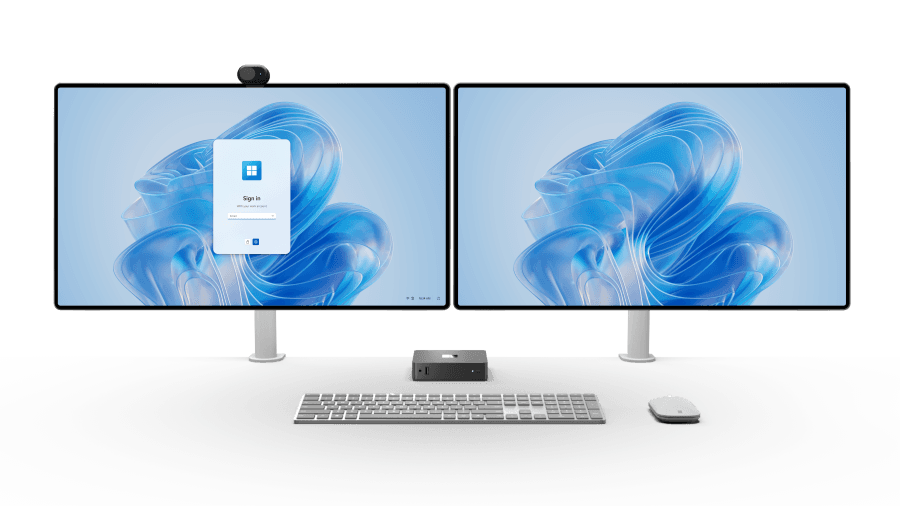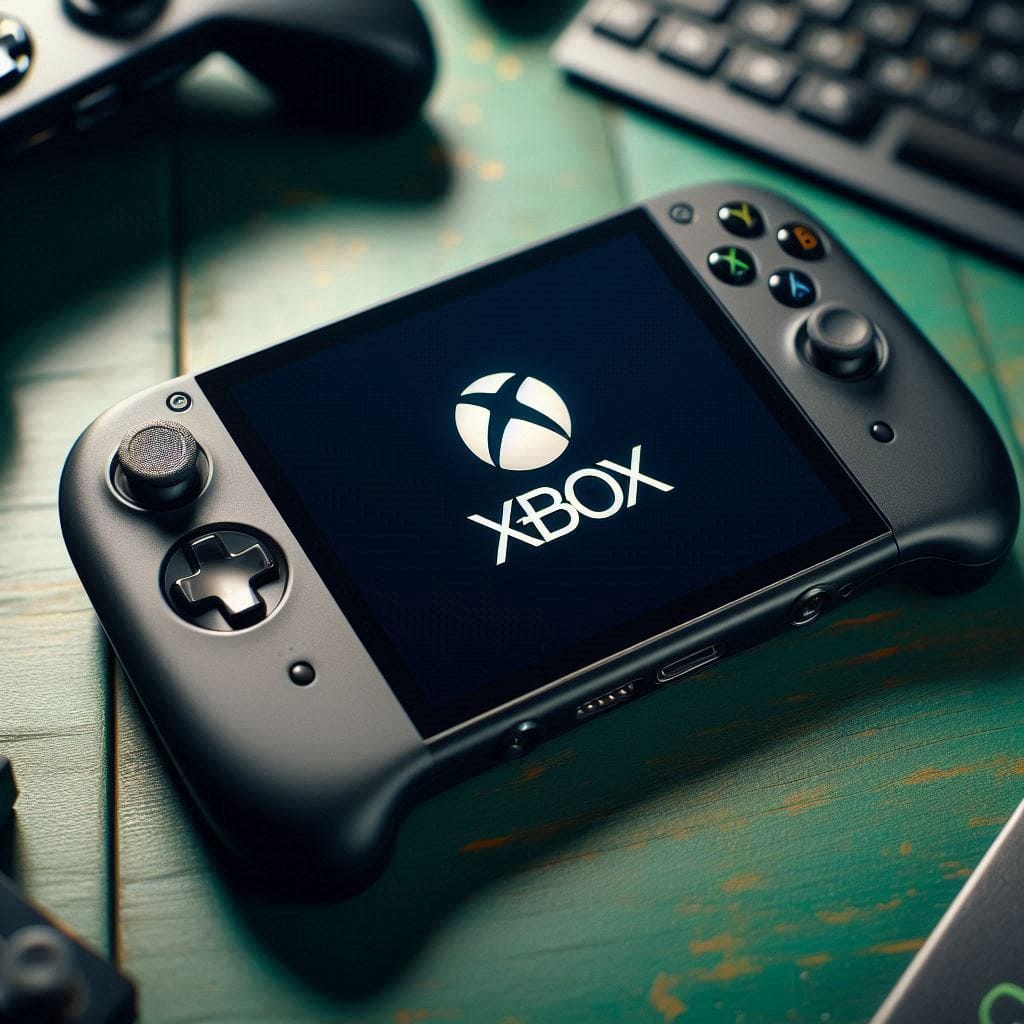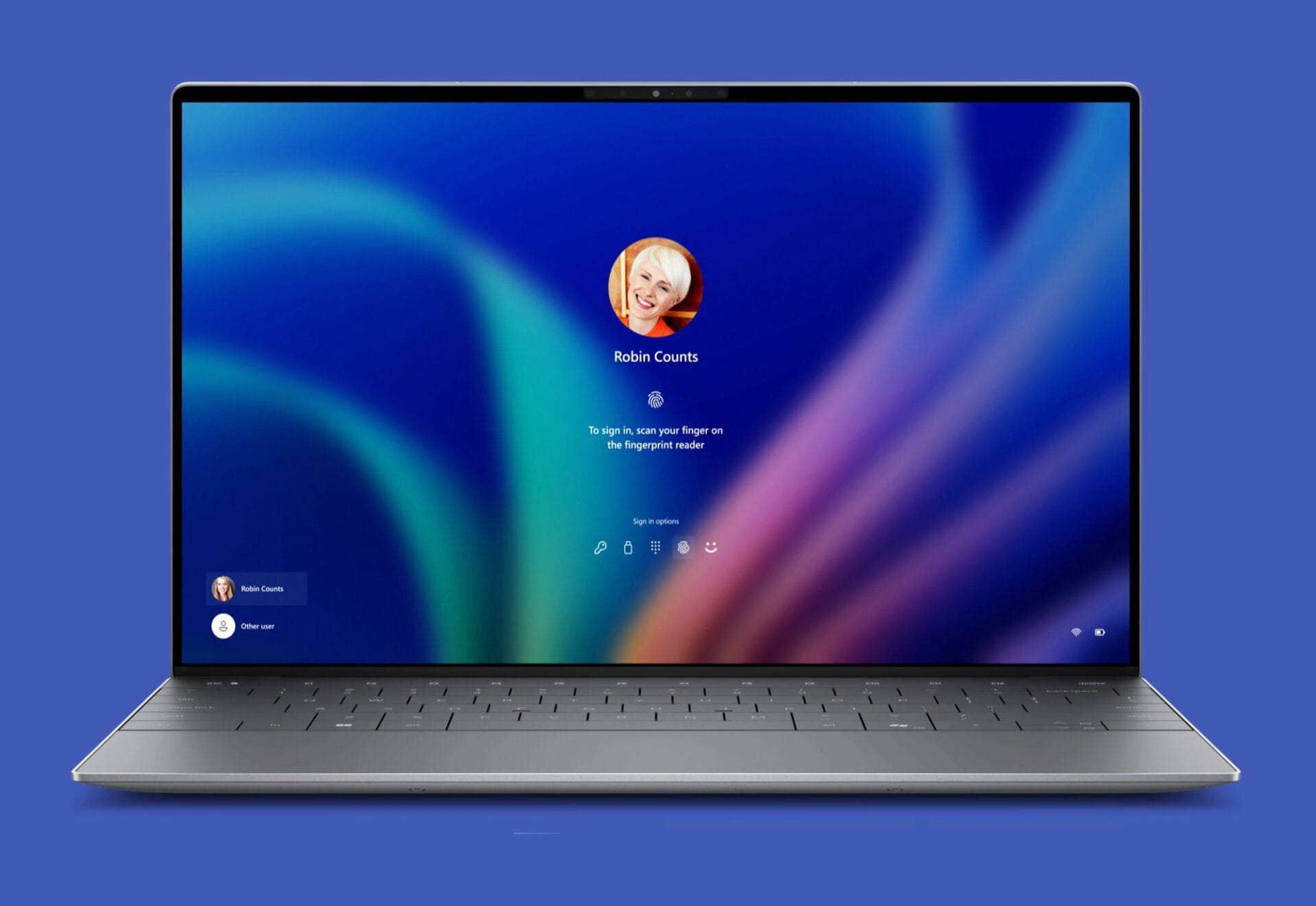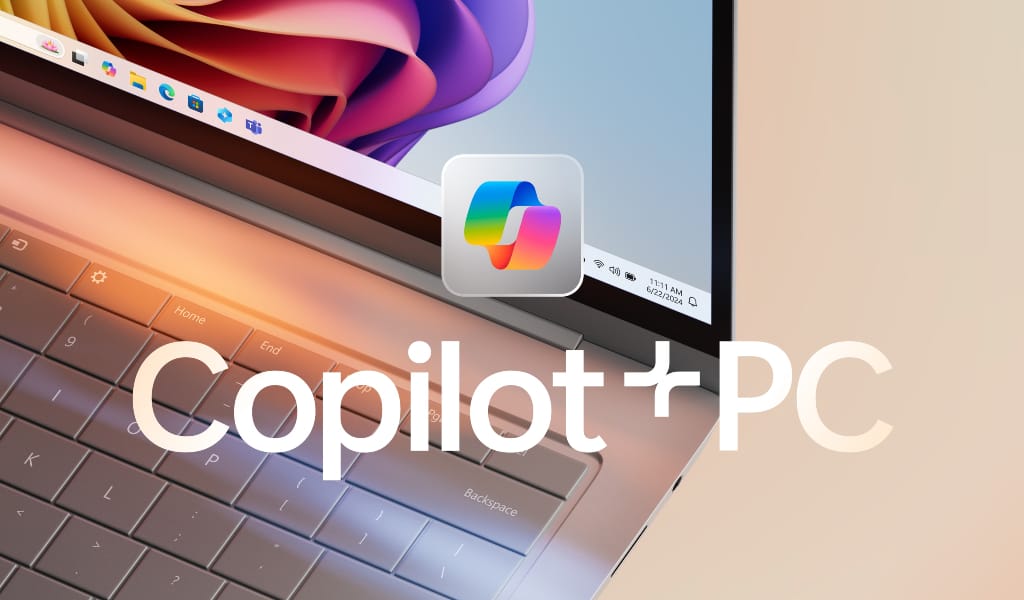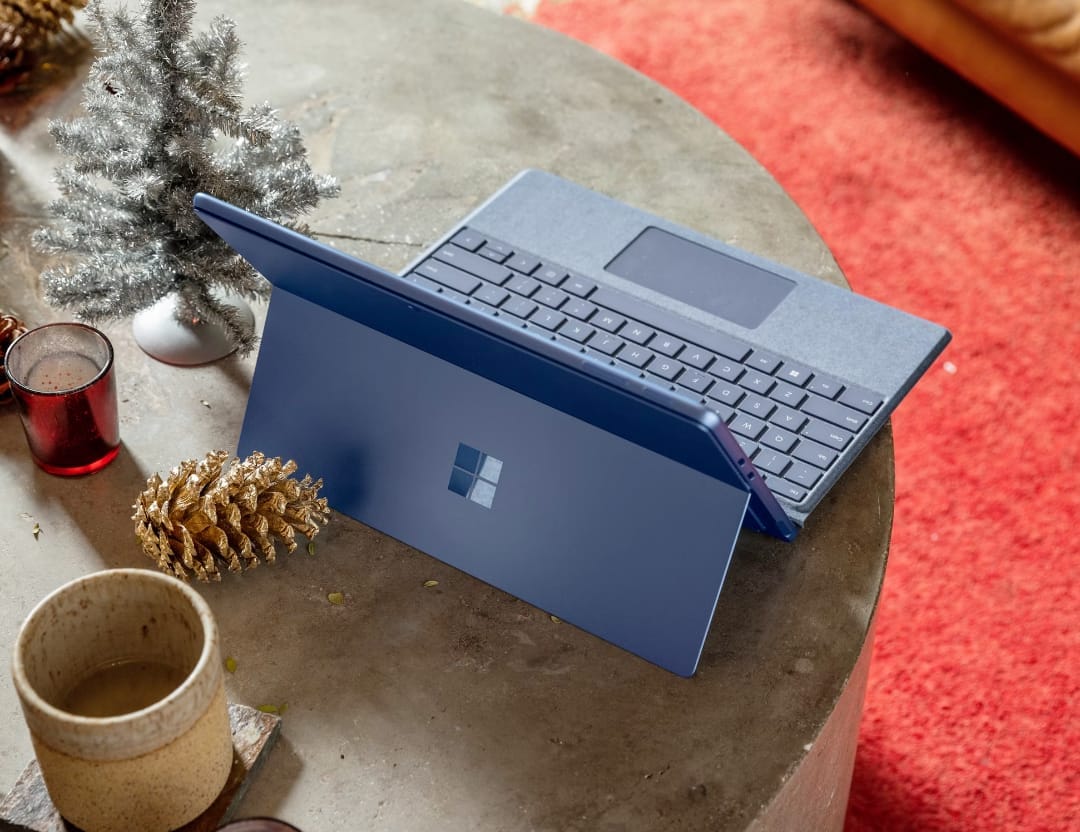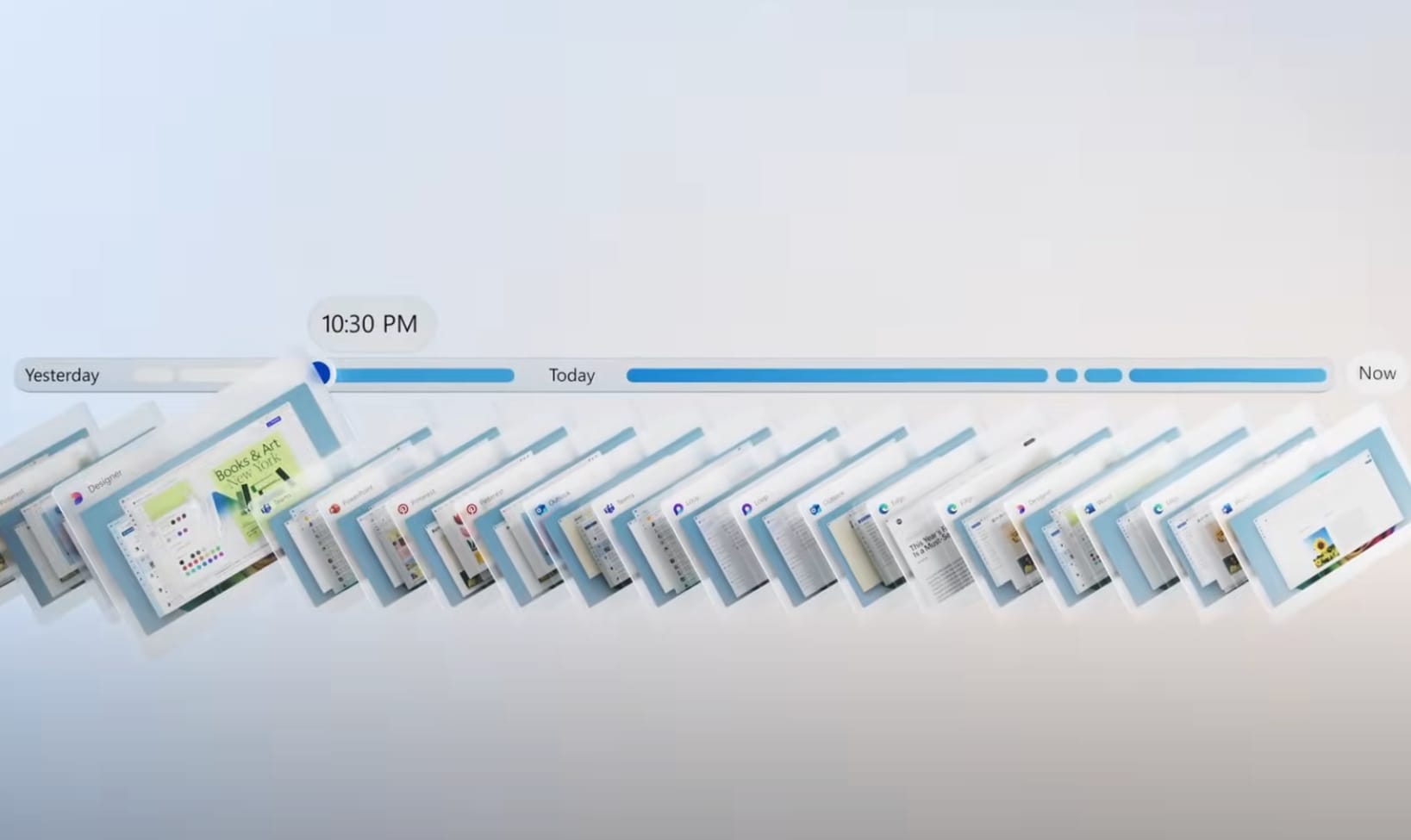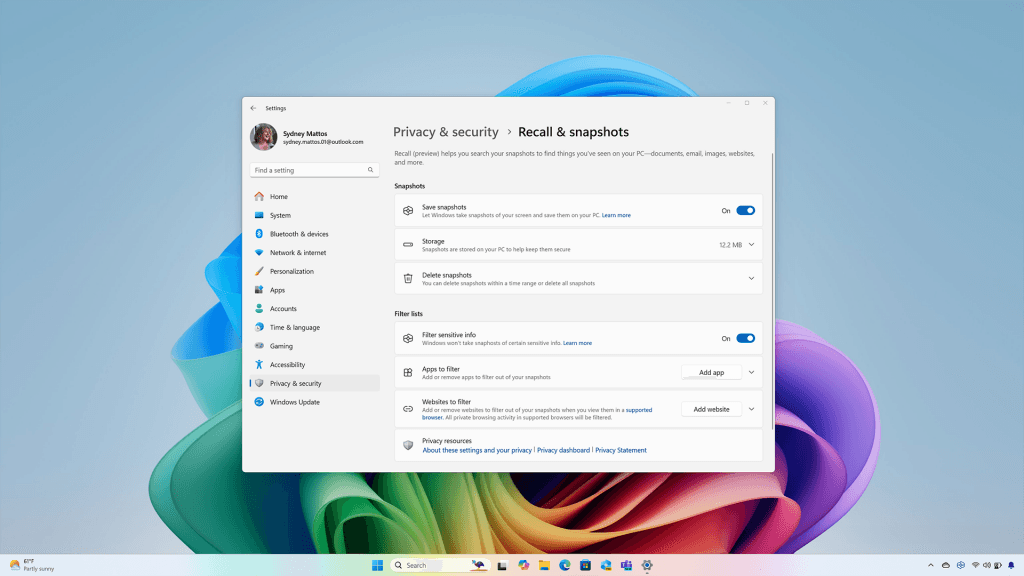Microsoft has rolled out the Windows 365 Link, marking its first desktop computer aimed solely at linking users with Windows in the cloud. With a price tag of $349, this device is set to hit the market in April 2025, catering primarily to business clients.
Design and Portability
The Windows 365 Link boasts a stylish and portable design, with dimensions of 120x120x30 mm and weighing less than a pound. This compact size makes it perfect for hot-desking and shared office environments. It features a fanless design, ensuring silent operation, and has a chic puck-like shape, allowing it to rest on a desk or be mounted behind a monitor. The device powers up in seconds and resumes from sleep almost immediately.
Specifications
Equipped with an Intel processor, the device includes 8GB of RAM and 64GB of built-in storage. Although the storage capacity is low, the device relies completely on cloud computing, removing the necessity for local software or data. It is capable of supporting dual 4K monitors, making it a great option for contemporary office settings that demand high-resolution screens.
The device is fitted with a wide range of ports, featuring three USB-A 3.2 ports, one USB-C 3.2 port, an Ethernet jack, an audio jack, and both HDMI and DisplayPort for external display connections. It also offers Wi-Fi 6E and Bluetooth 5.3, providing speedy and dependable wireless connectivity. This strong connectivity ensures that the Windows 365 Link is versatile enough for different office layouts and accessories.



